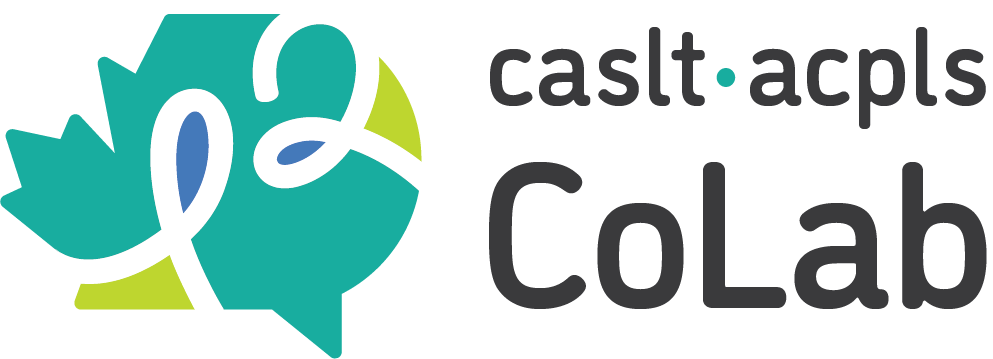Overview: About the Course
In this five-lesson, five-hour course, you will engage with different tasks and resources designed to help you explore and improve your own French-language proficiency. This course will provide opportunities for you to engage with French and will also offer possibilities for extended growth beyond the five hours and five lessons.
About You
As an A1-level communicator, you can understand and use familiar everyday expressions and very basic phrases aimed at satisfying concrete needs. You can introduce yourself and others, and ask and answer simple questions about personal details such as where you live, people you know, and things you have. You can interact in a simple way provided the other person talks slowly and clearly and is prepared to help.
This course is designed for teachers like you — whether you are part of a Core, Basic, Extended, or French Immersion program — who communicate with an A1 level of French proficiency. If you’ve found yourself teaching French due to the ongoing shortage of French teachers and feel unprepared for the task, this course is especially for you. Here, you’ll have the opportunity to improve your linguistic skills in an inclusive and supportive environment while learning effective ways to enhance your pedagogical practice.
Course Structure
In this course, you’ll focus on developing basic communication skills in French, with an emphasis on classroom-specific language and expressions. Using the Common European Framework of Reference for Languages (CEFR) and equity and inclusion as cornerstones, this course is designed to be accessible to any French language educators at the A1 level who would like to improve their own proficiency.
The first lesson will help you to understand more about your own proficiency level. The subsequent lessons will each cover resources and strategies to improve your proficiency in listening, speaking, reading, and writing. This course will help you gain confidence in using French in your classroom, even at a beginner level.
Discussion Forum
Throughout the course, you will find regular opportunities to engage in discussions with your fellow learners. For each discussion thread, you are encouraged to respond to the prompts in French. This is an opportunity to practice and improve your French language skills in a supportive environment. However, if you feel more comfortable expressing complex ideas in English, you may do so.
Remember:
- Taking risks and using French, even if it’s not perfect, is an excellent way to improve your proficiency.
- Don’t worry about making mistakes ― this is a learning process, and errors are a natural part of language acquisition.
- Feel free to use online resources or dictionaries to help you compose your responses.
- Sentence starters are provided to help you begin your responses in French.
- If you respond in French and are unsure about part of your response, you can add the English in parentheses.
Whether you choose to write in French or English, the most important thing is to engage thoughtfully with the discussion topics and with your peers’ responses.
Before Getting Started:
- Begin a “lexique personnel” — a personal dictionary for your use throughout this course. Add words and phrases you feel are important to your role as a teacher, as well as those that you’d like to use in your own French-language communication and interaction.
- Keep track of your progress throughout this course with a linguistic “passport” to celebrate accomplishments and determine next steps. Check off your accomplishments and successes each time you achieve a goal, just like stamps in a passport, and create new goals for yourself to work towards. Some of your goals might include:
- Listening to a podcast in French
- Writing a brief message in French to a friend
- Reading an article in French and understanding the message
- Practicing and mastering useful French phrases and questions
- Improving French pronunciation
- Completing practical tasks in French such as joining a mailing list
- Adding to a personal vocabulary list
- Finding and using strategies that will increase your proficiency
Here is an example of a linguistic passport from the University of Ottawa that may inspire you.
Taking risks and trying to interact with others in our second language are great challenges that result in great rewards. Developing competency and enhancing your skills as a language learner involves risk taking. This will come more naturally and comfortably over time.
Course Content
About Instructor



